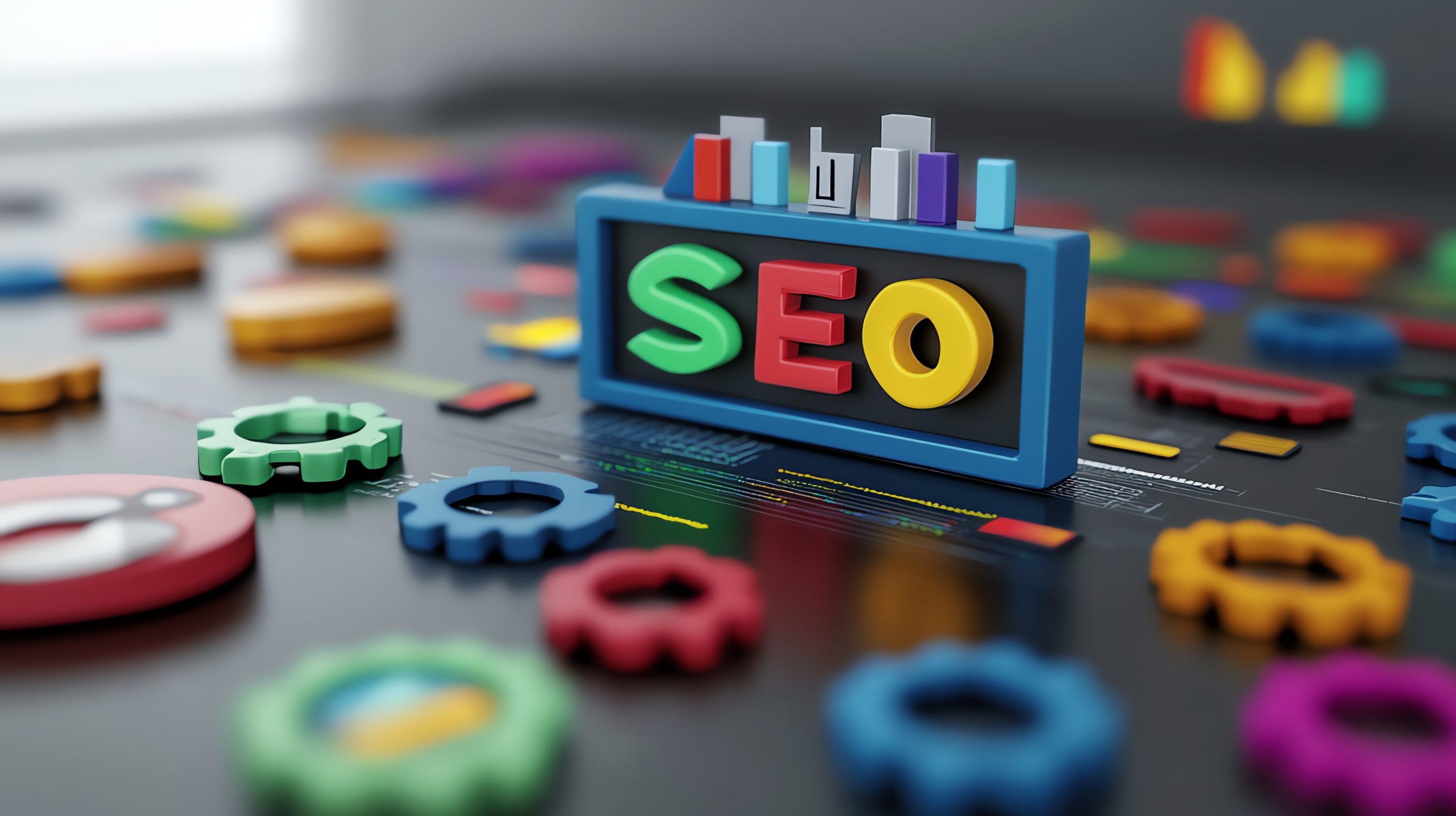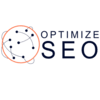In contemporary times, companies need to create a robust online presence in order to thrive. Search engine optimization (SEO) is an essential strategy for enhancing visibility. Additionally, it aids in the augmentation of organic website traffic.
On-page SEO is critical for optimizing individual web pages and improving their performance. The aim is to maximize their search engine rankings. Explore the remarkable benefits of using on-page SEO methods with this blog. Optimizing your website’s ranking and general online performance is essential.
What does On-Page SEO involve?
On-page SEO refers to the process of enhancing the performance of individual web pages. The goal is to optimize their search engine results and attract organic visitors. Optimizing many components of a website is necessary.
It can be visible or invisible to users. It boost its accessibility and relevance to search engines. On-page SEO encompasses a range of techniques and strategies. The aim is to enhance a website’s visibility, relevancy, and user experience. Ultimately, it plays a pivotal part in determining its overall success on the internet.
Optimal Approaches for On-Page SEO:
1. Keyword optimisation:
Efficiently optimizing keywords is crucial for achieving good on-page search engine optimization (SEO). The process includes identifying and incorporating essential phrases into various web page components.
It provides page names, meta descriptions, headers, and body text. Websites may enhance their relevance and exposure. They can do this by matching their content with specific search queries. It facilitates users in locating the desired information.
2. Improving the quality of the content:
High-quality, relevant content is essential for achieving effective on-page SEO. To optimize content, it is necessary to create useful, entertaining, and keyword-rich material. This material is customized to cater to the specific requirements and preferences of the intended target groups.
Websites possess the capacity to allure and maintain visitors. It is accomplished by improving the material’s organization, clarity, and significance. Additionally, they fulfill the criteria set by search engine algorithms.
3. Improving Meta Tags:
Meta tags, including title tags and meta descriptions, are crucial for improving your website’s on-page SEO. Page titles convey the main topic of a site, while meta descriptions provide a brief summary of its content. Optimizing meta tags may improve website visibility and click-through rates on search engine results pages (SERPs). Using suitable terminology and engaging explanations is crucial.
4. Enhancing the Configuration of URLs:
Optimizing the format of URLs is a crucial aspect of on-page search engine optimization (SEO). A comprehensible URL is advantageous for both people and search engines to grasp the content and purpose of a site. Websites may improve search engine results and user experience by including relevant URL phrases. Avoiding superfluous arguments or dynamic strings is recommended.
5. Enhancing the Efficiency of Header Tags:
Header tags, such as H1, H2, and H3, are essential for arranging and structuring material on a website. To optimize the efficiency of header tags, it is necessary to provide informative and relevant heads. It is crucial to divide the material into coherent chunks. Improving header tags helps optimize the overall user experience.
It is done by facilitating readability and navigation within the content. Additionally, it guarantees that the information is available to a broader demographic. In addition, optimizing header tags enhances the relevancy of the keywords used. It increase the material’s search engine friendliness. It improves the on-page SEO performance.
6. Image optimization:
Images are crucial in online content, and optimizing them for on-page SEO is essential. Image optimization involves considering several factors. Using meaningful filenames, alt tags, and captions is crucial.
The objective of this is to provide context and importance to search engines. Websites may enhance their on-page search engine optimization (SEO) and user experience by optimizing photos with pertinent phrases. Moreover, they can reduce file sizes, leading to faster loading times.
7. Implementing Internal Linking:
Internal linking refers to establishing connections between various pages inside a website. It contributes to the allocation of link equity. Improving search engines’ capacity to navigate and organize web material systematically.
It is crucial in maximizing online availability. Strategically connecting relevant pages may significantly increase on-page SEO and optimize user navigation on websites. They use suitable anchor text. Ultimately, it improves the website’s overall authority and rank.
Explore the Key Benefits of On-Page SEO for Enhancing Website Ranking
1. Enhanced discoverability on search engines:
Optimizing meta tags, headers, and content may significantly enhance a website’s exposure on search engine results pages (SERPs). These strategies for on-page search engine optimization may be pretty beneficial. Implement pertinent keywords wisely and optimize the features on the website. It improves the accessibility of webpages to search engine crawlers. It results in enhanced ranks for specific search queries.
2. Improved User Experience:
A well-optimized website accommodates the algorithms of search engines. Additionally, it enhances the entire user experience. On-page SEO aims to optimize page performance. It guarantee mobile friendliness, and improve navigation structure. Visitors can access and use the website without any difficulties or interruptions. It leads to increased user engagement and a reduction in the bounce rate.
3. Enhanced Click-Through Rates (CTR):
Skills in on-page SEO tactics includes crafting compelling meta descriptions and optimizing title tags. It motivates consumers to choose search results, hence increasing click-through rates. Websites may attract the attention of prospective visitors. It also boost organic traffic by displaying engaging excerpts on SERPs.
4. Keyword-specific optimisation:
On-page SEO allows for fine optimization of specific keywords. It relates to your business’s specific industry, offerings, or solutions. It appeals to a well-educated demographic more likely to become prospective leads or consumers.
Conducting comprehensive keyword research is crucial for this assignment. Strategically incorporating keywords into page text, headers, and meta tags might be advantageous for optimizing academic material.
5. Enhanced Content Relevance:
The cornerstone of successful on-page SEO is high-quality, relevant content. Websites may improve their content by optimizing different parts to accommodate user demands. For example, using appropriate phrases can enhance headers, meta descriptions, and picture alt texts. Additionally, it provides essential information that explicitly addresses search queries. It amplifies the significance and reliability in the eyes of search engines.
6. Improvements to the structure and organization of the website:
Enhancing the structure of the website is also part of improving on-page features. It includes elements like the composition of URLs, internal linking, and the arrangement of sitemaps. Optimizing on-page components enhances the ability of search engine crawlers.
It is to explore and index the information of a website efficiently. It is accomplished by creating a cohesive and user-friendly website design. It leads to improved capabilities for search engines to navigate and categorize web content.
7. Enhanced Local SEO Visibility:
Optimizing your website for search engines is crucial for companies targeting local clients. It enhances the prominence level in search results specific to a particular location. Websites may increase their likelihood of showing in local search results.
It is done by optimizing location-based phrases, company listings, and contact data. It facilitates the attraction of a more significant number of visitors. Additionally, it might aid in acquiring potential clients from the surrounding area.
8. Attaining Enduring Outcomes:
Sustained investment is crucial for paid advertising efforts. Conversely, on-page SEO yields long-lasting and persistent results. It does this by continually enhancing and updating the components on the webpage.
It aligns with the dynamic algorithms of search engines andpeople’s tastes. Websites may maintain their positions and organic traffic over a period of time. It leads to a higher return on investment (ROI).
9. Cost efficiency:
On-page SEO is a much more effective marketing technique than paid advertising strategies. Sponsored ads need ongoing financial input to sustain exposure. Investing in on-page SEO may provide organic visitors. It is achieved without incurring any more costs for advertising. Enterprises of any size can use a very efficient and economical approach.
10. Acquiring a Competitive Advantage:
Using on-page SEO tactics in today’s fiercely competitive internet landscape might give you a substantial advantage over your rivals. Websites may position themselves as recognized authorities in their sectors. They can do this by outperforming rivals in search engine rankings, garnering more organic traffic, and delivering better user experiences. It facilitates sustained progress and accomplishment.
To summarize:
Ultimately, on-page SEO is essential for optimizing websites. The primary aim is to enhance individual web pages to maximize search engine results and attract organic visitors. By effectively implementing a comprehensive on-page SEO strategy, websites may significantly improve their online visibility and achieve sustained development in the digital domain. As an SEO specialist, use on-page SEO tactics to get optimal exposure and relevance. Triumph in the fiercely competitive internet marketplace.








